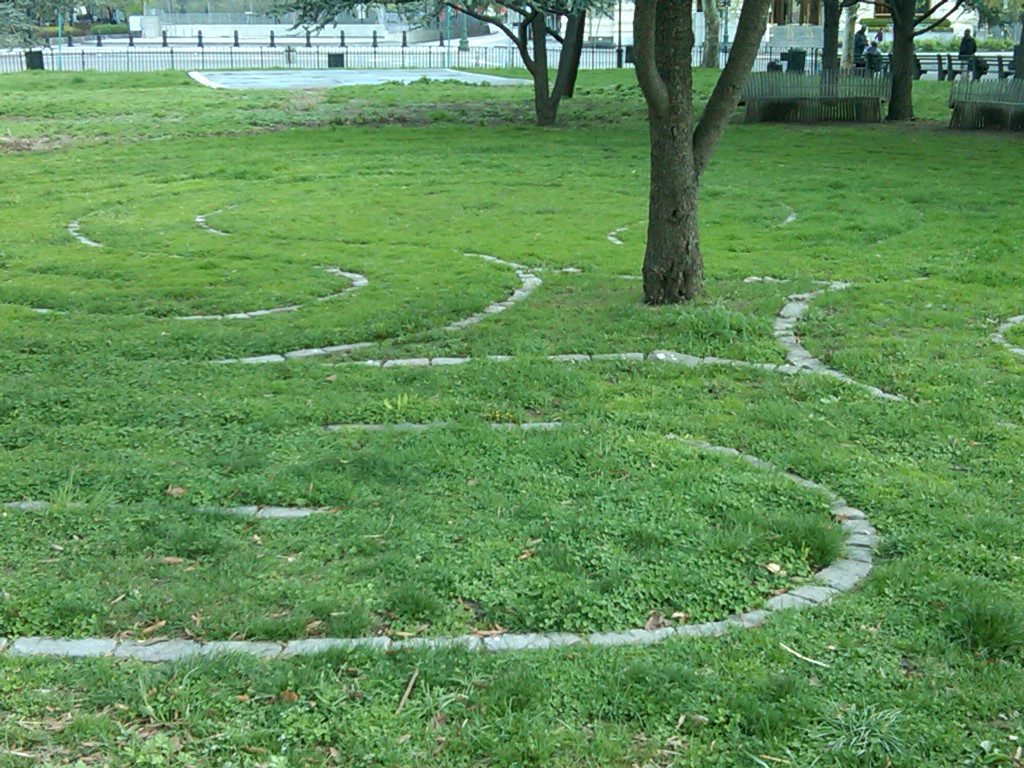I have intentionally selected a different strategy of inquiry for each of our modules, having moved from case study to narrative inquiry to ethnography and now to grounded theory, based on Kathy Charmaz’s work. I recently attended a workshop that Kathy offered, as I had previously heard how this can be a rather involved and complicated process. I thought I understood it, until I tried my hand at it. As I imagined, I did need a computer assisted qualitative data analysis software (CAQDAS) application to manage all the data that I generated (who would have ever thought I would drown in data of only 3 people?), so purchased and learned MAXQDA, one of the programs that people commonly use to handle and manage large amounts of data. I found the program a life-saver, as I never would have been able to do the 2 levels of coding that then I used to proceed to theoretical sampling, ultimately learning something that I did not expect to find at all.
Perhaps that is one of the benefits of grounded theory; I started with the text and was open to anything I found along the way, upon which I would ground (or build) my theory, without having some things in mind I was hoping (or even not hoping) to find.


